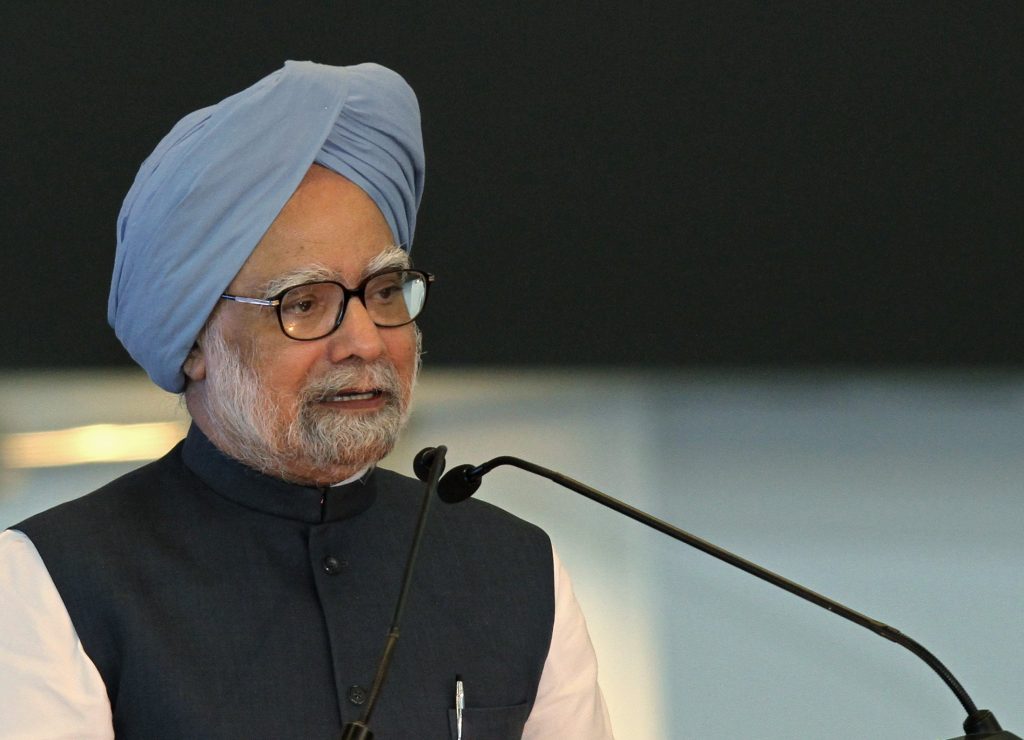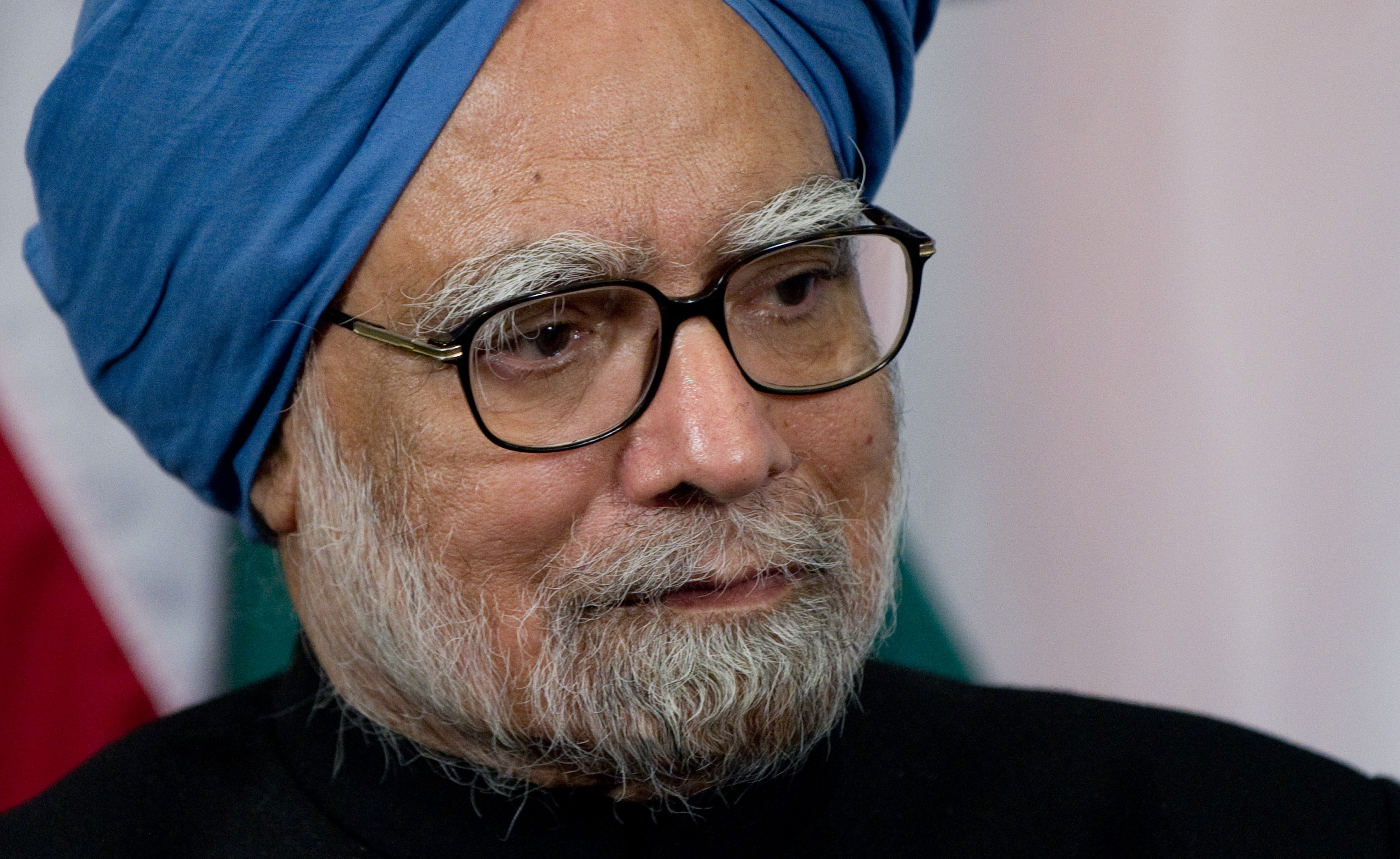Dr Manmohan Singh, Indian economist and politician who served as the Prime Minister of India from 2004 to 2014. India faced an economic crisis in 1991, the then Prime Minister of India P.V.Narsimha Rao surprisingly inducted a non-political entity Singh into his cabinet as Finance Minister.
As a Finance Minister Dr Manmohan Singh carried out several structural reforms, these measures proved successful in averting the crisis, and enhanced Singh’s reputation globally as a leading reform-minded economist who liberated the Indian Economy.

Dr Manmohan Singh did not dispute the intent of kerbing unaccounted wealth and counterfeit currency notes by demonetizing the 500 and 1000 rupee notes. A move which Narendra Modi made on 8th November. Mr Singh is more concerned about the turmoil the country has been made to go through in a fortnight.
The following is the full transcript of the speech of Dr Manmohan Singh in the Rajya Sabha:
I rise to highlight some of the problems that have arisen after the decision to demonetize Rs500 and Rs1000 currency notes.
Prime minister has been arguing that this is the way to curb black money, to prevent growth of forfeited currency notes and also to help in control of terrorist finance activity.
I do not disagree with these objectives. But what I do want to point out is that in the process of demonetization, monumental mismanagement has been undertaken [applause] about which there is no opinions in the country as a whole.
Even those who say that this measure will do harm or will cause distress in the short term but be in the interest of the country in the long-run, I am reminded of what John Keynes said once: In the long run, all of us are dead.
And therefore it is important to take note of the grievances of the people, the ordinary people who have suffered as a result of this imposition on the country overnight by the prime minister.
And I say so with all responsibility, that the outcome… we do not know what will be final outcome. Prime minister has said that we should wait for 50 days. Well, 50 days is a short period, but for those who are poor and deprived section of the community, even 50 days torture can bring about disastrous effect. And that’s why about 60 to 65 people have lost their lives. Maybe more.
And what is more is, what has been done can weaken and erode our people’s confidence in the currency system and in the banking system. One, I would like to know from the prime minister, the names of any countries he may think of where people have deposited their money in the banks but they are not allowed to withdraw their money. This alone, I think, is enough to condemn what has been done in the name of [inaudible].
And sir, I would further like to point out that in my opinion, this scheme of (de)monetisation, the way it has been implemented will hurt agricultural growth in our country, will hurt small industry, will hurt all those people who are in the informal sectors of the economy. And my own feeling is that the national income, i.e. the GDP of the country, can decline by about two percentage points as a result of what has been done. This is an underestimate, not an overestimate.
Therefore, I feel that the prime minister must come with some construction proposal: How we can implement this scheme and at the same time, prevent this distress that is being caused to the common people?
It is no good that every day the banking system comes with modification of the rules, the conditions under which people can withdraw money. That reflects very poorly on the prime minister’s office, on the finance minister’s office and on the Reserve Bank of India. I am very sorry that the Reserve Bank of India has been exposed to this sort of criticism, which I think is fully justified.
I, therefore, would not like to say much more than this. I urge upon the prime minister to find practical, pragmatic ways and means to relieve the distress of the people who happen to be a great majority of our people.
After all, 90% of our people work in the informal sector, 55% of our workers in agriculture are feeling distressed. The cooperative banking system, which serves a large number of people in the rural areas, is non-functional. It has been prevented from handling [inaudible].
So, all these measures convince me that the way this scheme has been implemented is a monumental management failure and in fact, it is a case of organized loot and legalized plunder [inaudible].
With these words, sir, I conclude. It is not my intention to pick holes in what one side does, or another side does. But I sincerely hope that the prime minister will, even at this late hour, will help us to find practical, pragmatic ways and means to provide relief to the suffering people of this country.
Thank you.

